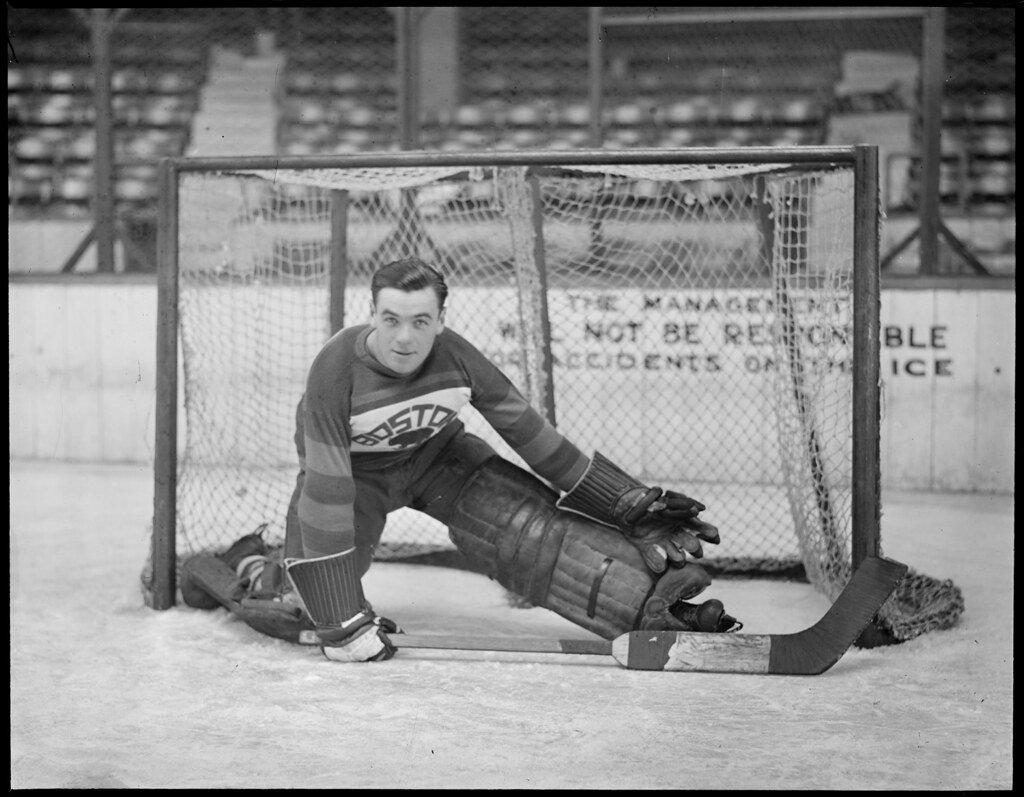
In 1932, Chicago as a city was about 100 years old since it was established by Jean Baptiste Du Sable, and had developed into a massive city with a huge population of 3.4 million in 1932. The Chicago democrats could deliver the votes in every other way. They played a key role in the elections of Harry Truman and John F Kennedy. Eddy Kelly was elected mayor and the Chicago democrats, who ruled so overwhelmingly that they held office for nearly 70 years, until the end of the 1900s. In 1932, the Chicago democrats got into power and Franklin Roosevelt achieved 98% votes from the twenty Fourth ward. 1932–1933 Ĭentury of Progress World's Fair, 1933 poster It was nominated for the Best Writing, Original Story for Rowland Brown, in 1931.
HOCKEY CHICAGO 1930 MOVIE
The Doorway to Hell (1930) was a movie made in 1930 based on the theme of organizing the various gangs in Chicago so that the gangsters do not destroy each other. Īt the beginning of 1930 and at beginning of 1940, the population of Chicago was 3,376,438 and 3,396,808 respectively. In 1931, and again the following year, the city hosted the International Workers' Olympics. Adler was quoted as saying, "Chicago has been striving to create, and in large measure has succeeded in creating, facilities for its citizens of today to live a life." The Shedd Aquarium opened soon afterwards in May 1930. It was the first planetarium in the Western Hemisphere.

The Adler Planetarium opened on, through a gift from local merchant Max Adler. The $32 million, 4.2 million square foot (390,000 m 2) building was the world's largest commercial building.

The Merchandise Mart was completed for Marshall Field & Co. Allegedly, the Klutas gang, named after leader Theodore "Handsome Jack" Klutas, took in a half-million dollars from these kidnappings in about a two-year span. Some time during 1931, a group of mostly college graduates in the Chicago area, called the "College Kidnappers," embarked on the bold step of kidnapping low-level, area gangsters and held them for ransom. While awaiting transfer to Atlanta to serve his sentence, Capone sat in Cook County Jail, where it was reported that he "had all the booze and women he wanted". On 24 October 1931, one week after he was convicted of tax evasion, Al Capone was sentenced to 11 years in federal prison (first, Atlanta Federal Penitentiary, then Alcatraz Island), fined $50,000 and charged $30,000 in court costs. And, it has been said that Capone underling Gus Winkler was prevented by other Capone men from freeing him outright, with $100,000 upfront (a tax payment, not a bribe) to the federal taxman. However, Capone had "cut a deal" with the prosecutors during the pre-trial to drop 5,000 " Prohibition" violations that could have "nailed him" for 25,000-years-to-life if convicted on all the charges.
HOCKEY CHICAGO 1930 TRIAL
On 17 October 1931, Al Capone was convicted of tax evasion following a four-day trial in Chicago. Capone's brother Ralph (Raffaele Capone, Sr.), was also indicted for three years in Leavenworth Federal Penitentiary and a $10,000 fine. This did not stop the IRS investigations and even his Capone underlings Frank Nitti (Francesco Nitto) were booked by the IRS and sentenced to 18 months in prison and a $10,000 fine. Yet, while the money was taken, it bought Capone no influences at all in Washington, D.C. Capone had sounded and fixed the people who mattered by sending a legal team to the nation's capitol for executing the deal. Secret Service agent, and Elmer Irey, the IRS head.

However, Capone was aware of the secret plans of the Federal government with men identified to execute the job by men like Frank J. Green had access to all the government ammunition needed for the job. Green, was appointed to Chicago to capture the Chicago gangsters and send them to jail, particularly Al Capone. In 1930, President Herbert Hoover's work on behalf of Chicago's " Al Capone" problem began to "get legs." A Washington, D.C., special prosecutor, Dwight H. The originality of each musician was brought to the fore in these ensembles. Unemployed men queued outside a depression soup kitchen opened in Chicago by Al Capone, 1931ĭuring the early days of Great Depression, musicians from the southern region migrated to the north to Chicago and the Chicago blues absorbed them into their fold, allowing their ensembles to become very popular.


 0 kommentar(er)
0 kommentar(er)
